
Nightly Habits That Could Increase Your Risk of Stroke
Nightly Habits That Could Increase Your Risk of Stroke
A stroke occurs when blood flow to the brain is blocked or interrupted, leading to potentially devastating consequences. While factors like age and genetics are beyond our control, some nightly habits can silently raise your risk—especially during sleep, a time when strokes often happen without you knowing.
Here are five dangerous habits to avoid and what you can do instead to protect your health.
1. Going to Bed with High Blood Pressure
High blood pressure is the single most significant modifiable risk factor for stroke. When your blood pressure remains elevated overnight, it increases the chance of blood clots or artery ruptures in the brain.
-
What to do: Monitor your blood pressure regularly and consistently take any prescribed medications. In the evening, focus on reducing stress and eating low-sodium foods.
2. Dehydrating Before Bed
Dehydration causes your blood to thicken, making it harder for your heart to pump and increasing the risk of blood clots. This is especially dangerous overnight, as you can become dehydrated without realizing it.
-
What to do: Sip a glass of water about 30-60 minutes before you go to bed. Avoid dehydrating beverages like caffeine and alcohol in the evening, and make sure you're drinking enough water throughout the day.
3. Sleeping in an Uncomfortable Position
Certain sleeping positions can physically restrict blood flow to the brain. For example, sleeping on your stomach or with your neck twisted can compress arteries and disrupt circulation, potentially triggering a stroke.
-
What to do: Sleep on your back or side, and use supportive pillows to keep your spine and neck properly aligned. This ensures a clear pathway for blood flow to your brain.
4. Drinking Alcohol Before Bed
Even a single alcoholic drink before bed can increase your stroke risk. Alcohol raises blood pressure, disrupts your sleep cycles, and can cause irregular heart rhythms—all of which put extra strain on your cardiovascular system while you sleep.
-
What to do: Avoid alcohol at least three hours before bedtime. If you want a relaxing drink, choose a calming herbal tea or a glass of water instead.
5. Smoking in the Evening
Smoking is a major risk factor for stroke. It narrows your blood vessels, increases your blood's tendency to clot, and reduces the oxygen it carries. When you smoke before bed, these effects are intensified while you are in a vulnerable, resting state.
-
What to do: The best way to reduce your risk is to quit smoking entirely. If you aren't ready to quit, at the very least, avoid smoking in the hours leading up to bedtime.
Final Thoughts
A stroke can happen without warning, especially at night. By changing these simple habits, you can take control of your health and significantly lower your risk. Sleep smart, stay hydrated, and keep your blood pressure in check.
News in the same category


Why Do I Cough When Taking a Deep Breath?

Taking the Stairs Could Help You Live Longer
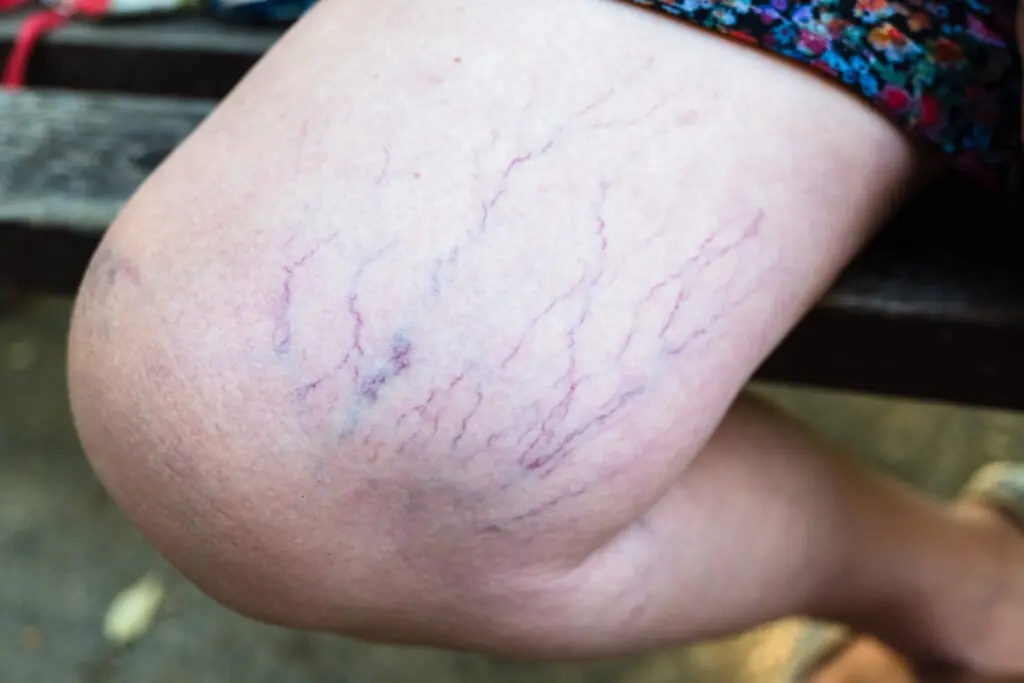
Purple Veins on Your Legs: When to Worry

Signs Your Cortisol Is Dangerously High
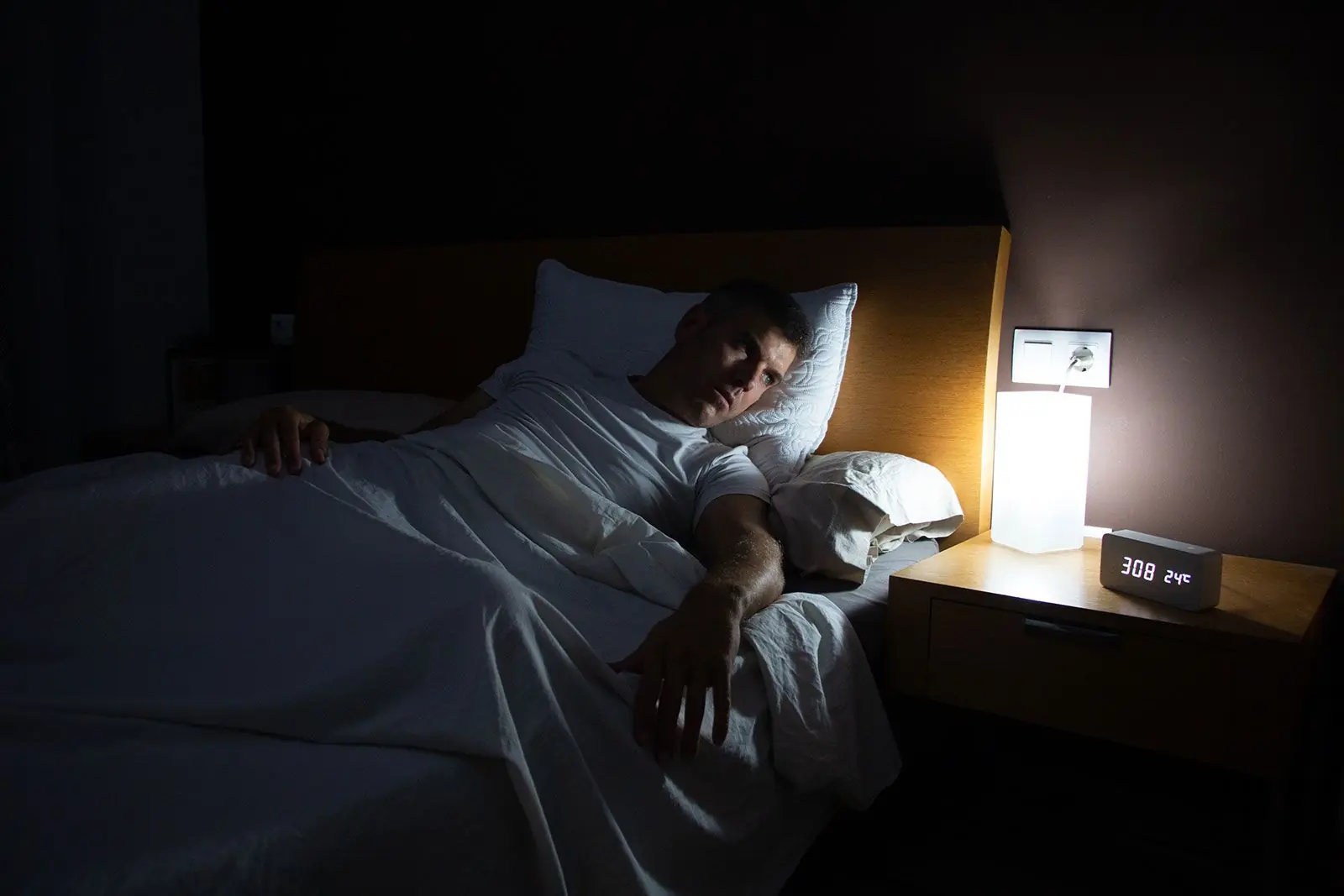
The Sleep Saboteur: The One Thing You Should Never Do When You Wake Up at Night

11 Secret Baking Soda Tricks for Women That Will Change Your Life!
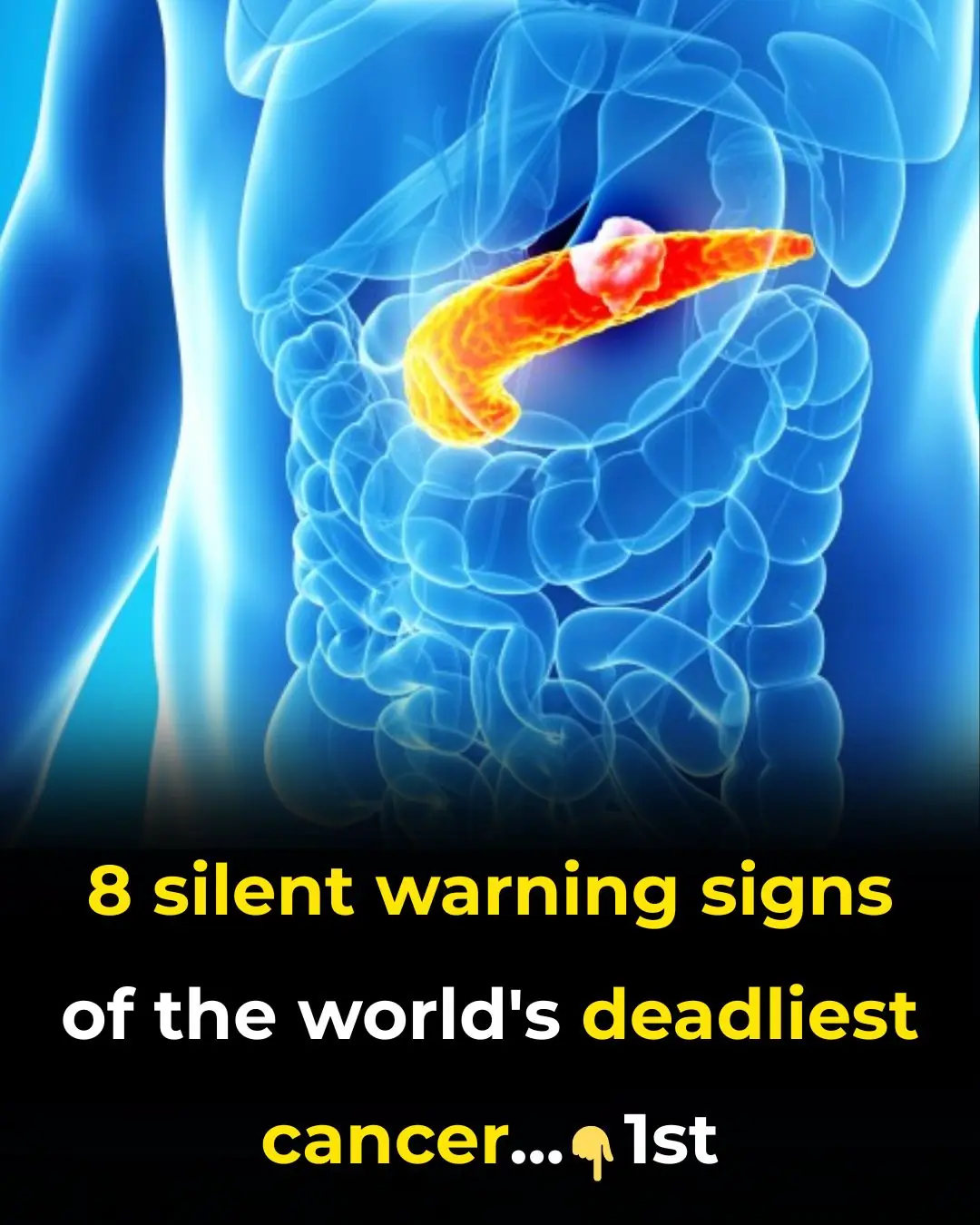
World’s deadliest cancer: 8 early warning signs every older adult should know
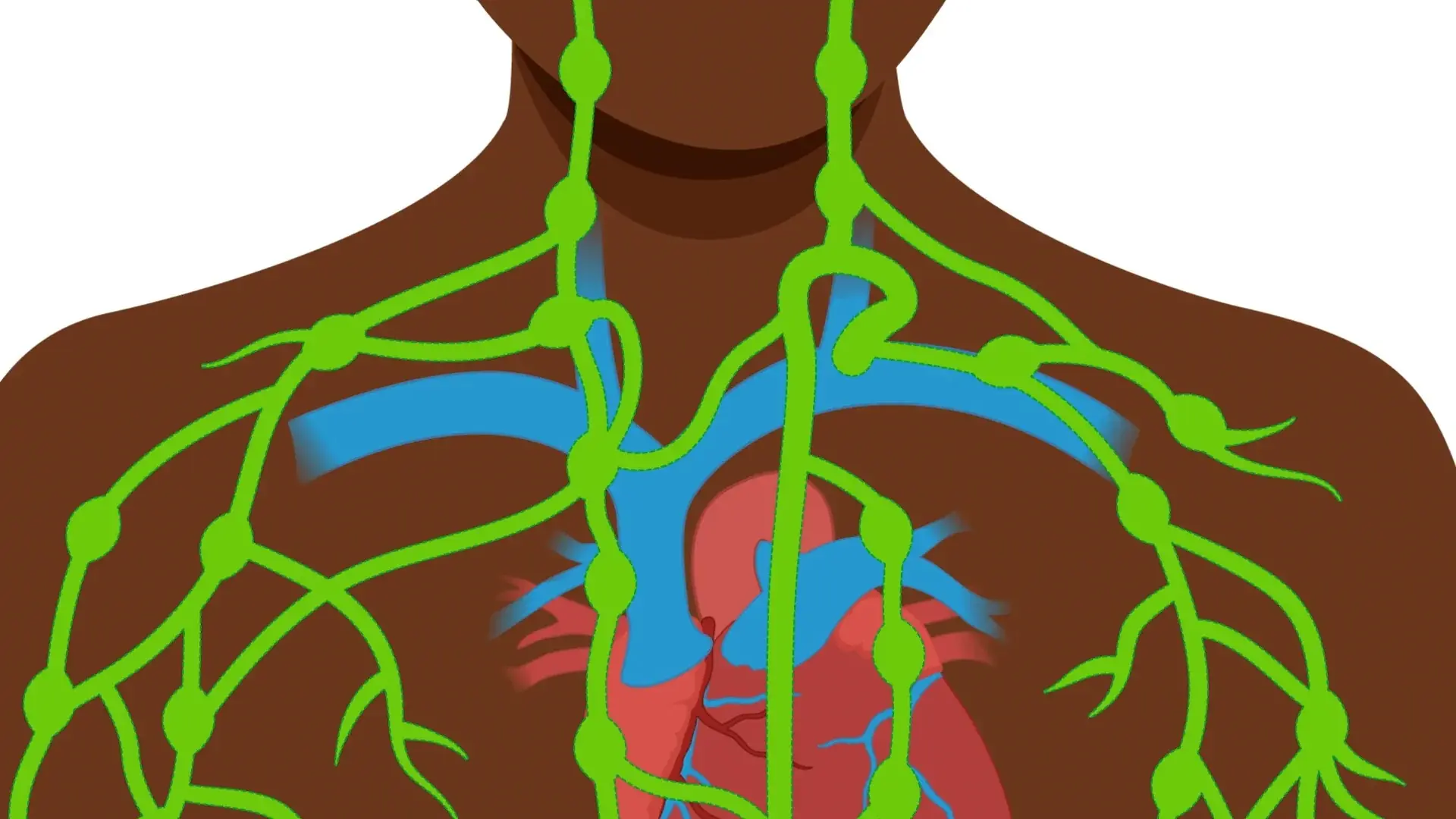
The Fastest Natural Way to Cleanse Your Lymphatic System That No One Talks About

5 Potential Risks of Eating Avocados You Should Know

Top Essential Oils That Instantly Ease Pain and Inflammation

These Are the Early Warning Signs of Diabetes No One Talks About
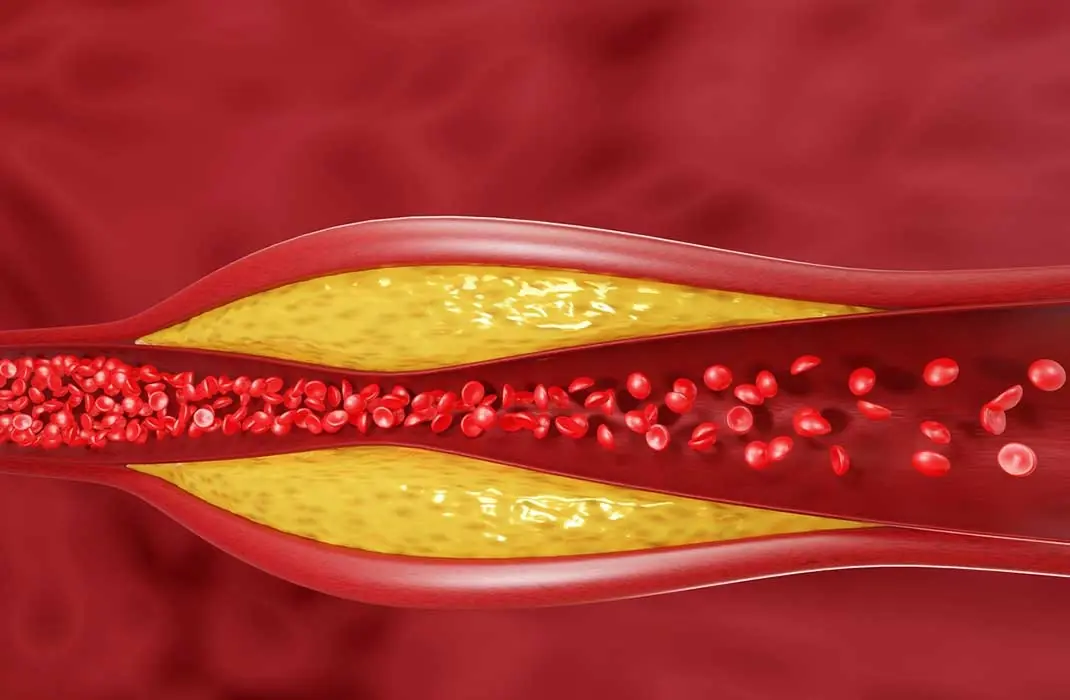
Cholesterol Meds Linked With Heart Attacks, Fast Aging And Brain Damage. Eat These Foods Instead

Food Suddenly Tastes Different? Here’s What Your Body’s Trying to Tell You

12 Common Foot Problems and How to Manage Them

Is Your Gel Manicure To:xic?

Understanding Eye Floaters: Causes and When to Seek Help

9 Convincing Reasons to Consume More Dates

Early-Stage Cancer May Not Hurt at First, But If You Notice These 8 Signs When Using the Bathroom, See a Doctor Immediately: Don’t Be Negligent
News Post

5 Delicious Eating Habits That Put the Whole Family at Risk of C:ancer – Extremely Dangerous and Should Be Avoided Immediately

Be careful — one single action at the airport could ruin your en:tire life.

Condolences to those who are using these 4 types of electric kettles: Throw them away while you still can, thousands of people have already developed c:ancer.

How Magnesium Keeps Your Heart Rhythm Healthy

Why Do I Cough When Taking a Deep Breath?

Taking the Stairs Could Help You Live Longer

Purple Veins on Your Legs: When to Worry
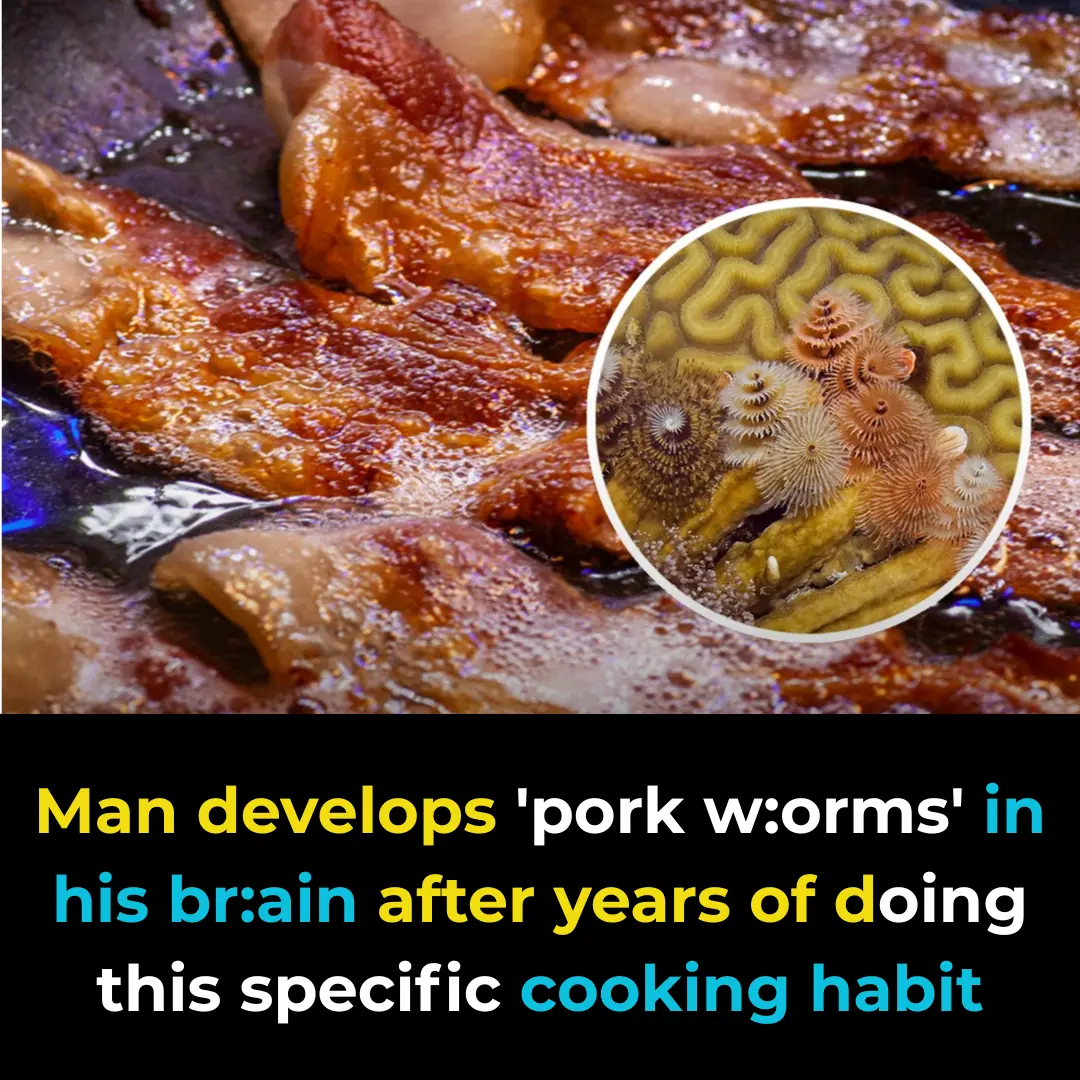
Man develops 'pork worms' in his brain after years of doing this specific cooking habit

Signs Your Cortisol Is Dangerously High

Woman who d::ied for 24 minutes before being brought back to life details exactly how it felt

The Sleep Saboteur: The One Thing You Should Never Do When You Wake Up at Night
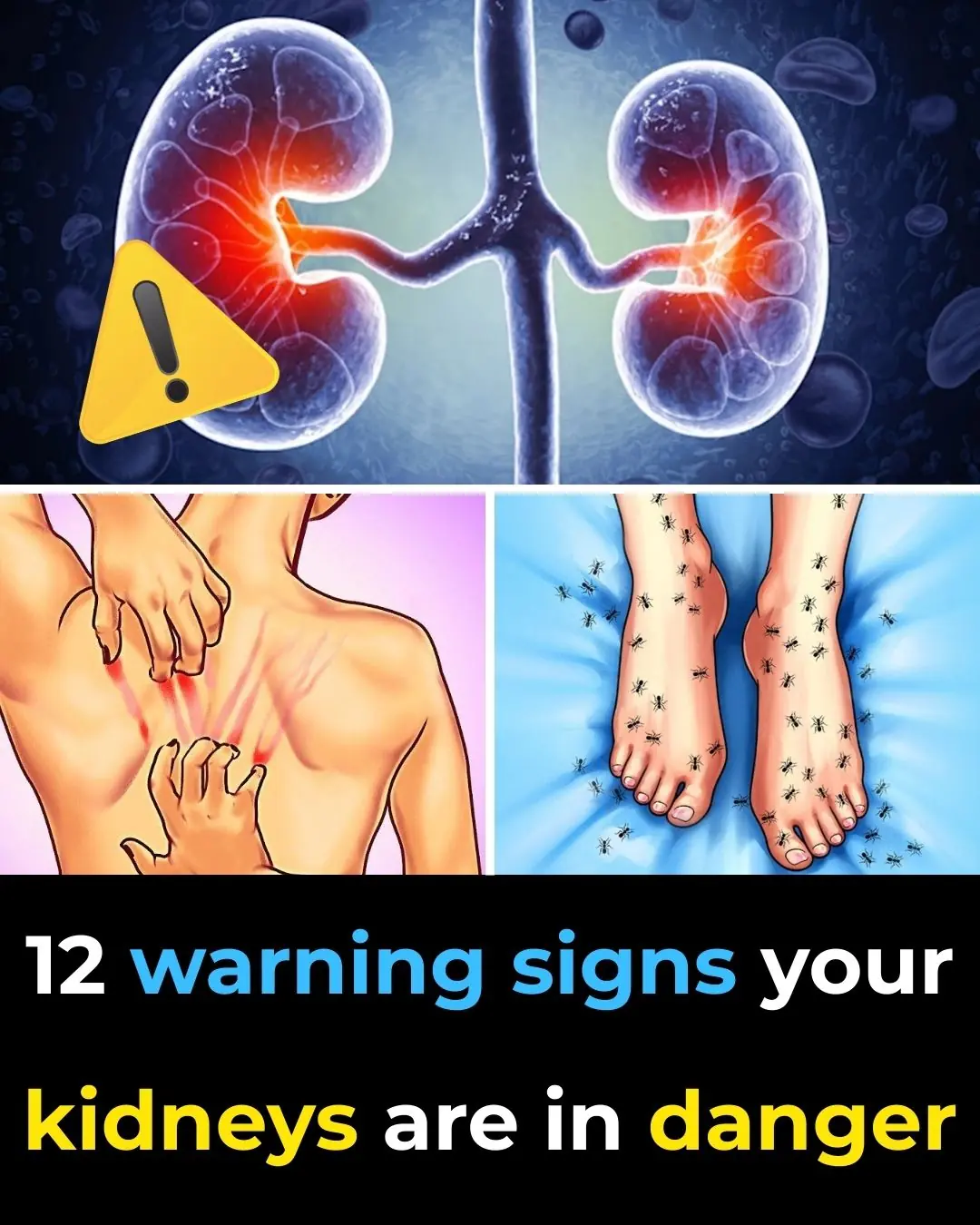
🚨 ALERT! 7 Strange Signs Your Kidneys Are Crying for Help

Vitamin E Oil uses for Skin – Glowing Skin, Dark Circles & Wrinkles

DIY Aloevera ice cubes to Remove Dark Spots & Clear Skin | Aloevera Benefits for Skin

Tips for pickling white eggplants that are crispy, do not turn black, and do not form scum when left for a long time

11 Secret Baking Soda Tricks for Women That Will Change Your Life!

Mattresses used for a long time are dirty and smelly, sprinkle this on the surface, no need to wash with water, it will be clean as new

‘Healthy Man’ Diagnosed With Cancer After Noticing Dog’s Bizarre Behavior Around Him
